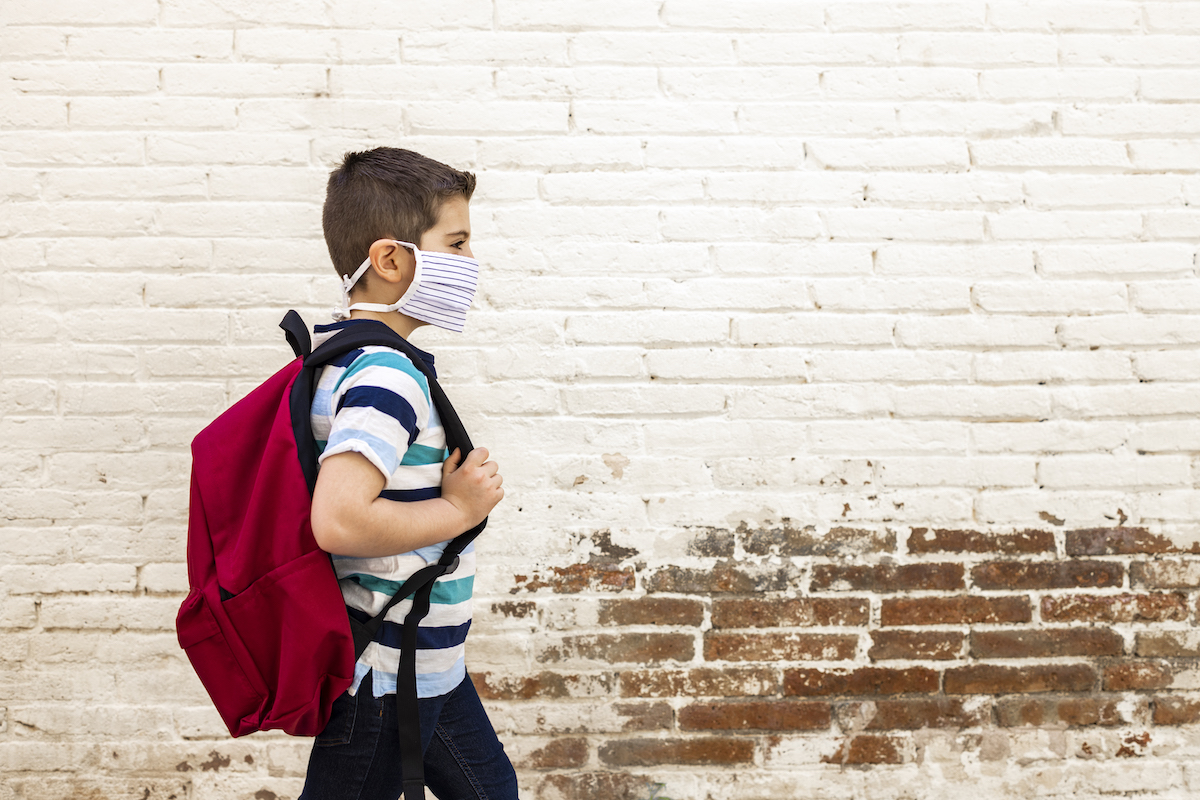When you’re a mom raising kids in the eclectic atmosphere of Venice, your children may pick up bad habits to emotionally cope with extra stimuli. While all children can develop bad habits like thumb sucking and nail biting, when there is a lot of sensory information coming their way, kids sometimes lean into the emotionally coping mechanisms they formed when they were very young. Some of these habits may seem harmless, but they can actually cause a lot of negative consequences both physically and emotionally.
Stop Thumb Sucking
One habit that develops when your children are young is thumb sucking. It starts as an early coping mechanism and a way to deal with teething pain, but it can quickly turn into an emotional crutch. Not only can it lead to problems with expressing themselves, coping with problems, and emotional development, thumb sucking also leads to physical problems.
In addition to open and overbite malocclusion, which is when one or both rows of the teeth are misaligned when the mouth is closed, thumb sucking can lead to skin irritation and speech issues. Malocclusion may require orthodontic treatment to fix the teeth. Skin irritation can lead to cracking, bleeding, callousing, peeling, ingrown nails, and more.
Thumb sucking may also lead to speech impediments that prohibit the child from saying certain sounds. Since thumb sucking can negatively impact the development of the teeth, jaw, and palate, speech therapy may be necessary after your child has sucked their thumb for a long time. This can also lead to emotional problems.
Emotional development can be disrupted by thumb sucking. This is because the habit forms as an early coping mechanism and must stop so new methods of coping can take its place. Furthermore, the child may be made fun of when their peers see them sucking their thumbs. Some psychologists have even called thumb sucking the first addiction that can lead to other negative habits.
It’s important to stop thumb sucking by using mavala nail polish that was specifically-designed to taste bad when the child sucks their thumb and thumb guards that prevent them from sucking. There are also other options like cloth thumb covers otherwise known as a thumsbie, and a less effective plastic guard known as the Dr. Finger. If your child doesn’t stop sucking their thumbs, you might want to consult a doctor about their emotional development.
Stop Nail Biting
Another habit that should be stopped is nail biting. Nail biting is a bad habit because it is a coping mechanism a lot like thumb sucking. It can prevent the processing of emotions and the ability to cope. It is a nervous habit that doesn’t allow the mind to go through the emotions they need to go through. One way to stop the bite is to use Onyx polish. Like mavala nail polish, it is a bad tasting formula that is bitter and nasty, but this product is designed for nail biters. When you put on the Onyx polish, your child won’t want to bite their nails anymore.
Nail biting shouldn’t be allowed. This habit, unlike thumb sucking, will last long into the future and will take the place of emotional coping skills that are unnecessary to live as an adult. It will form bad emotional habits.
Hair Twirling
Finally, a third bad habit that can be the result of over-stimulation is hair twirling. One way to get your child to stop doing this is to put their hair up or cut it. If they don’t stop twirling and pulling their hair, it could fall out. They could also put their hair in their mouth. These are all examples of emotional coping that can be the result of extra stimulus. Hair twirling or pulling may seem harmless, but it can be a sign of slow emotional development.
These habits may appear innocuous at first, and sometimes they are, but it is very important to get your child to stop utilizing these habits because they will lead to slowing emotional growth and coping mechanisms that are necessary to go through life. As the parent it is your job to set your child up with the ability to get through life. Prohibiting negative habits that are the result of emotional coping mechanisms to pressure, overstimulation, and chaotic family life will enable your children to work through their problems in a healthy way.

























